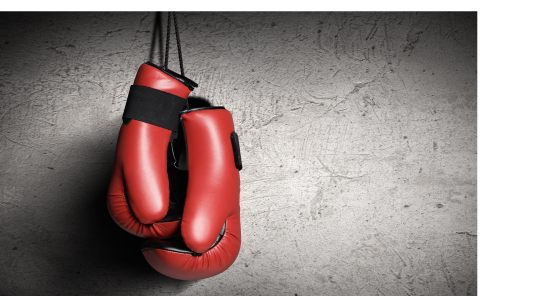I guarantee you know them.
That person who is always the first to chime in on the latest conflict on social media.
It might be your overly-political stepfather who still has the 2008 presidential election yard signs in his front yard.
It might be that co-worker who spends her whole lunch break commenting on Facebook posts.
It might be the kid in your class who thinks they have it ALL figured out, and makes sure that everyone knows it.
Or, worst of all….
It might be you.
We all know that person that is always engaged in some form of online conflict– be it about politics, the latest celebrity drama, or how Susie from the PTA group didn’t tag her in the picture she posted from this month’s meeting.
So, the big question is: How should we, as Christ-followers, handle online conflict? 
First of all, don’t be surprised by it.
Meredith Gould, in her book, The Social Media Gospel, makes a very thought-prokoking point when she says:
“Online, offline? Makes no difference– really and virtually. Humans are involved. Conflict is inevitable.” (125).
Her point in saying this is that, humans WILL have conflict because we live in a world ravaged by sin. So why are we so surprised when these various people in our lives bicker and fuss on social media? (They’re probably the same people who bicker and fuss in real life…we’ll come back to this point in a second.)
Second, don’t fuel the fire.
The fact that conflict happens online, does not mean that it’s okay for YOU to be the one causing it. Especially if you are a Believer. Consider this verse when you are tempted to respond in a rash, un-Christlike way online:
“Strive for peace with everyone, and for the holiness without which no one will see the Lord.”
Hebrews 12:14 ESV
Think before you respond:
- Is what I’m about to say something that reflects striving for peace?
- Does what I’m about to say show the holiness of Christ that I am aiming for?
- Will what I’m about to say be somehow beneficial for all parties involved?
If the answer to any of these questions is no, you should serioiusly consider backspacing that potential comment or post away.
And if the deed is already done, and you have posted something you regret, Katharine Brooks, EdD, says in an article about handling online conflict:
“For starters, celebrate the delete button. Luckily, most social media sites allow you to erase your posts and shares, which would be the first crucial step in undoing any damage…” (2).
Don’t be scared to delete something you shouldn’t have said and, if necessary, apologize to whomever it was directed at. Realizing our mistakes and seeking to make things right, even online, is a sign of spiritual maturity.
Lastly, don’t ignore it.
It is possible to respond to conflict on social media without adding to it.
Meredith Gould speaks about this too. She suggests that those who have the unhealthy habit of starting, fueling, and engaging in online conflict, probably have a lot of conflict going on within themselves. (129)
Even from my own experience, I have seen that the people in my life who are the most hurt, broken people are the ones who are the most likely to gravitate towards online conflict.
Learn to see past a person’s nasty comment on your Instagram post to consider what that comment reflects about the condition of their heart.
Gould says:
“I suggest choosing to look at social media through the lens of ministry and then answering Jesus’ invitation to love one another (John 15:9-17). Viewing social media as a tool for digital ministry means using it to minister and, more often than not, this includes reaching out really and virtually to those whose hurt and fear manifest as toxic divisiveness.” (129).
So when you are tempted to view people’s divisive comments as over-the-top and obnoxious, look a little deeper before you respond in an equally obnoxious manner. If you must respond, respond in a way that would honor Christ and builds up those who might be far from Him.
Don’t let online conflict surprise you, but, instead, view it as an avenue to minister to those who reveal their hurts in the form of Facebook statuses, Instagram comments, or Twitter posts.
Read on.
~ CB
Awesome blog! Presented so well and a very enjoyable read. Your the bomb.com and a talented writer.
LikeLiked by 1 person
Great post! I love how you give multiple analogies in the beginning to draw the reader in by bringing peoplw to their mind then turning it on them. Great use of Gould’s book! The call to continually to honor Christ is great, but even added to that what makes it such a great post is your comment criteria before one should post. Great read. Great post. Great reminder.
LikeLiked by 1 person